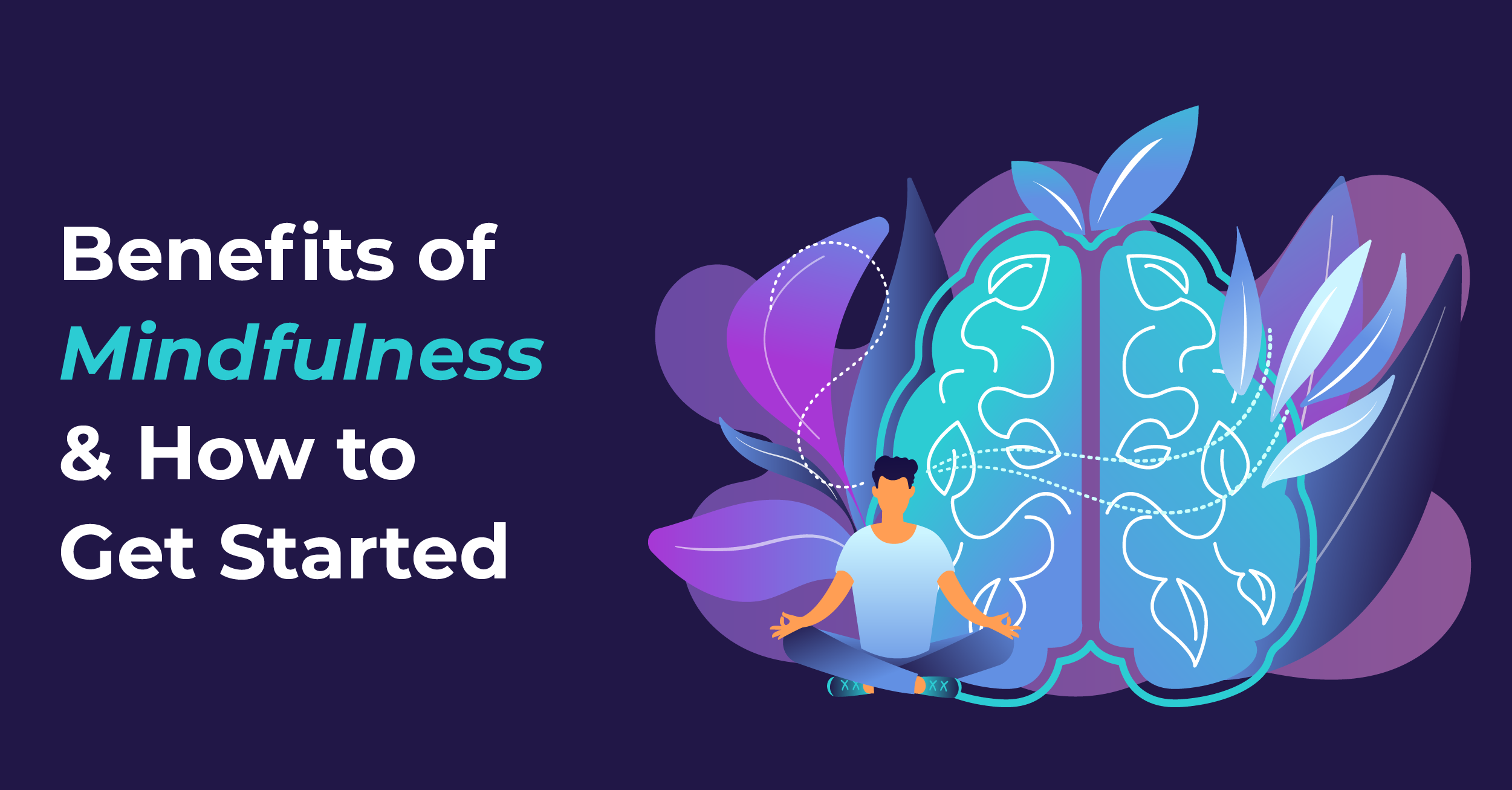Exploring the Link Between Mindfulness and Emotional Intelligence
The Connection Between Mindfulness and Emotional Intelligence
In recent years, both mindfulness and emotional intelligence (EI) have gained significant attention in the fields of psychology, personal development, and corporate leadership. While they are distinct concepts, there is a growing recognition of the profound connection between them. Understanding this relationship can lead to enhanced emotional well-being, improved interpersonal relationships, and greater success in both personal and professional spheres.
What is Mindfulness?
Mindfulness refers to the practice of being present in the moment, fully aware of one’s thoughts, emotions, and physical sensations without judgment. It is often rooted in meditation practices, particularly from Buddhist traditions, but has been adapted and popularized in Western psychology. The essence of mindfulness is cultivating awareness and acceptance of the present moment, helping individuals break free from automatic reactions, mental distractions, and stress.
Mindfulness is a skill that can be developed over time through regular practice. Techniques such as mindful breathing, body scans, and mindful walking can all be used to strengthen one’s ability to remain present and aware, leading to increased mental clarity and emotional balance.
What is Emotional Intelligence?
Emotional intelligence (EI) refers to the ability to recognize, understand, manage, and influence emotions—both in oneself and others. Psychologist Daniel Goleman, who popularized the concept in the 1990s, identified five key components of emotional intelligence:
- Self-awareness – The ability to recognize and understand one’s emotions.
- Self-regulation – The ability to control or redirect disruptive emotions and impulses.
- Motivation – A drive to pursue goals with energy and persistence.
- Empathy – The ability to understand the emotions of others.
- Social skills – The ability to manage relationships and navigate social complexities.
Emotional intelligence is crucial in both personal and professional contexts, influencing how we interact with others, how well we manage our own emotional responses, and how effectively we work toward our goals.
How Mindfulness Enhances Emotional Intelligence
- Self-awareness and Mindfulness One of the cornerstones of both mindfulness and emotional intelligence is self-awareness. Mindfulness helps individuals become more attuned to their internal emotional states by encouraging them to observe thoughts and feelings without immediate judgment or reaction. By being present and non-reactive, people can gain a deeper understanding of their emotions, which is the first step toward emotional intelligence. This self-awareness enables individuals to notice subtle emotional shifts, such as frustration or joy, before they become overwhelming. It also allows for a more accurate and honest self-assessment, fostering the clarity necessary to manage emotions effectively.
- Self-regulation Through Mindfulness Mindfulness also plays a critical role in self-regulation, which is another key aspect of emotional intelligence. By practicing mindfulness, individuals can create a buffer between stimulus and response. Instead of reacting impulsively to emotions such as anger or anxiety, mindfulness encourages a pause, allowing for thoughtful reflection and more deliberate responses. For example, when faced with stress, a mindful person might take a moment to breathe deeply and assess the situation before reacting, thereby avoiding rash decisions or emotional outbursts. This emotional self-regulation is vital for maintaining balance in challenging situations and fostering healthy relationships.
- Empathy and Mindfulness Empathy—the ability to understand and share the feelings of others—is another area where mindfulness contributes to emotional intelligence. Through mindfulness, individuals develop a greater sense of awareness not only of their own emotions but also of the emotions of others. Being fully present in interactions allows individuals to be more attuned to the emotional cues, body language, and subtle expressions of others. Mindful listening, for instance, involves truly focusing on what another person is saying, without distraction or judgment. This fosters deeper emotional connections and enhances empathy, which is key to understanding and supporting others in personal and professional relationships.
- Managing Stress and Emotional Resilience Stress management is a central aspect of both mindfulness and emotional intelligence. Mindfulness practices, such as mindful breathing or meditation, activate the body’s relaxation response, helping to reduce stress levels. As a result, individuals can navigate stressful situations with greater emotional resilience and clarity, a core component of emotional intelligence. Emotional resilience allows individuals to bounce back from setbacks, stay calm under pressure, and maintain perspective during adversity. Mindfulness provides the tools to manage negative emotions in stressful environments, making it easier to maintain a level head and respond with emotional maturity.
- Enhancing Social Skills Finally, the development of social skills—such as communication, conflict resolution, and collaboration—is deeply influenced by emotional intelligence. Mindfulness enhances these skills by fostering present-moment awareness in social interactions. By being mindful of one’s own emotions and the emotions of others, individuals are better equipped to navigate complex social dynamics. Whether in a work environment or in personal relationships, mindfulness helps people communicate with greater empathy, actively listen, and resolve conflicts without escalating tensions. This leads to stronger, more harmonious relationships and better teamwork.
The Science Behind the Connection
Research supports the connection between mindfulness and emotional intelligence. Studies have shown that mindfulness training can lead to improvements in emotional regulation, empathy, and overall emotional intelligence. Neuroscientific research has also found that mindfulness practices can change the brain’s structure, particularly in areas associated with emotional regulation, decision-making, and empathy, such as the prefrontal cortex and amygdala.
For example, a study published in Psychological Science found that individuals who practiced mindfulness exhibited increased emotional awareness and regulation, which are key components of emotional intelligence. Another study in the Journal of Applied Psychology showed that mindfulness training was associated with higher levels of empathy and social functioning.
Conclusion
Mindfulness and emotional intelligence are two powerful tools for personal and professional growth. By cultivating mindfulness, individuals can improve their emotional awareness, develop greater self-regulation, enhance their empathy, and strengthen their social skills. The synergy between mindfulness and emotional intelligence fosters emotional resilience, clarity, and connection—qualities that are invaluable for leading a balanced, fulfilling life.
As mindfulness continues to gain popularity, more people are recognizing its potential to enhance emotional intelligence. By integrating mindfulness practices into daily life, individuals can unlock their full emotional potential and navigate life’s challenges with greater wisdom and compassion.Your Next Step: Start Small, Think Big
Ready to dive deeper? At Venzec.icu, we’re obsessed with helping you unlock your potential through mindfulness, EQ, and intentional living. Whether you’re exploring meditation techniques or craving strategies to boost emotional intelligence, we’ve got your back.
The connection between mindfulness and emotional intelligence isn’t just theoretical—it’s transformative. And the best part? You hold the tools to activate it. So breathe, notice, and choose growth. Your future self will thank you.














Post Comment